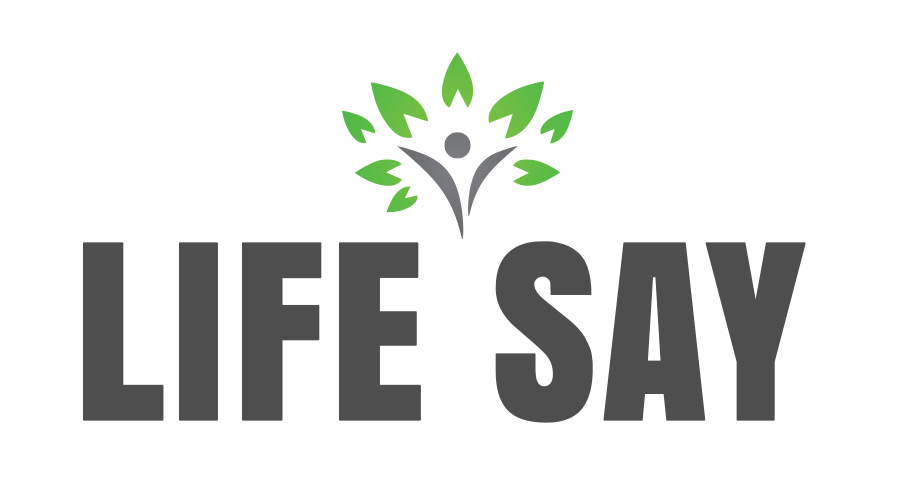In today’s fast-paced world, it’s easy to feel overwhelmed by the constant influx of information, possessions, and obligations. Many people are finding solace in minimalism, a lifestyle choice that emphasizes the beauty and joy in having less. Embracing minimalism can lead to a simpler, more meaningful life. This article will explore what minimalism is, its benefits, and practical steps to incorporate it into your daily routine.
Understanding Minimalism
Minimalism is more than just a trend; it’s a deliberate way of living that focuses on what truly matters by eliminating excess. At its core, minimalism encourages people to declutter their lives, not just physically but also mentally and emotionally. It’s about making room for the things that add value and joy while letting go of those that don’t.
The Benefits of Minimalism
The benefits of adopting a minimalist lifestyle are numerous and impactful. Here are a few key advantages:
Reduced Stress
One of the most significant benefits of minimalism is reduced stress. When your surroundings are cluttered, your mind often feels cluttered too. By eliminating unnecessary items and organizing your space, you can create a calm and peaceful environment that promotes relaxation and reduces anxiety.
Increased Focus
Minimalism helps you prioritize what’s important, leading to increased focus. Without the distraction of unnecessary possessions and commitments, you can concentrate better on your goals and passions. This focus can enhance productivity and allow you to achieve more with less effort.
Financial Freedom
Living minimally often means spending less. When you stop buying things you don’t need, you save money, which can lead to greater financial freedom. This financial security can reduce worries and open up opportunities for experiences and investments that bring lasting happiness.
Environmental Impact
Minimalism can also have a positive impact on the environment. By consuming less and choosing quality over quantity, you reduce waste and lower your carbon footprint. This conscious consumption helps promote a more sustainable way of living.
Practical Steps to Embrace Minimalism
Adopting a minimalist lifestyle doesn’t happen overnight; it’s a gradual process that requires intentionality and effort. Here are some practical steps to help you get started:
Declutter Your Space
Begin by decluttering your physical space. Start with one room or area at a time, and sort your belongings into categories: keep, donate, recycle, and discard. Be honest with yourself about what you truly need and use. Letting go of items that no longer serve a purpose can be liberating and make your home feel more spacious and organized.
Simplify Your Wardrobe
A minimalist wardrobe doesn’t mean you have to wear the same thing every day, but it does encourage you to choose versatile, high-quality pieces that you love and wear often. Consider adopting a capsule wardrobe, which consists of a limited number of clothing items that can be mixed and matched to create various outfits.
Mindful Consumption
Before making any purchase, ask yourself if the item is necessary and if it will add value to your life. This mindful consumption can prevent impulse buying and help you make more intentional choices. Focus on experiences rather than possessions, and invest in items that enhance your well-being and happiness.
Digital Declutter
Minimalism isn’t just about physical possessions; it also applies to your digital life. Declutter your devices by deleting unnecessary apps, files, and emails. Limit your screen time and be selective about the information you consume. This digital declutter can lead to better mental clarity and more productive use of your time.
Prioritize Relationships
Minimalism encourages you to focus on meaningful relationships. Spend quality time with loved ones and invest in connections that bring joy and support. By prioritizing people over possessions, you can build a stronger, more fulfilling social network.
Simplify Your Schedule
A cluttered schedule can be just as overwhelming as a cluttered home. Simplify your calendar by identifying and eliminating commitments that don’t align with your priorities. Learn to say no to activities that drain your energy and make time for what truly matters to you.
Finding Joy in Less
The ultimate goal of minimalism is to find joy in less. By focusing on what truly matters, you can create a life filled with purpose and contentment. As Mina Irfan, a proponent of minimalist living, often emphasizes, minimalism is about creating space for joy and fulfillment by letting go of the excess. This approach can lead to a deeper appreciation for the simple things in life and a greater sense of gratitude.
Conclusion
Embracing minimalism is a powerful way to simplify your life and find joy in less. By decluttering your space, practicing mindful consumption, and prioritizing what truly matters, you can experience the many benefits of a minimalist lifestyle. Whether it’s reduced stress, increased focus, financial freedom, or a positive environmental impact, minimalism offers a path to a more meaningful and fulfilling life. As you embark on this journey, remember that minimalism is a personal and evolving process. Start small, stay committed, and enjoy the profound changes that come from living with intention and simplicity.


